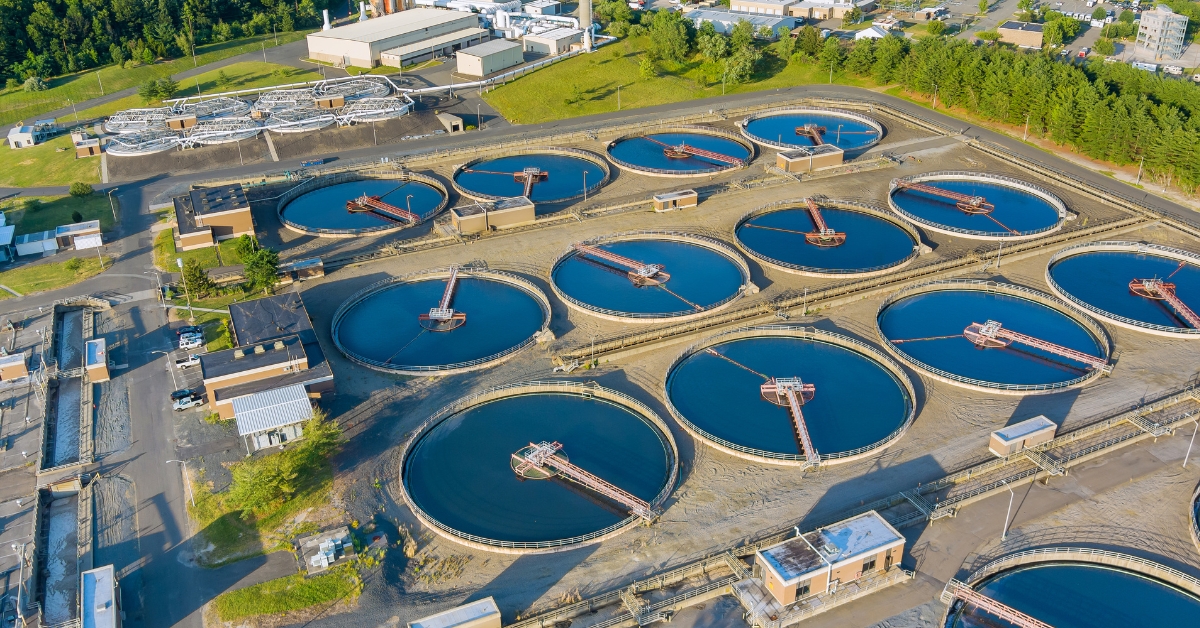
Nonexistent Temperature Stations Provide ‘Data’ for Climate Policies
The latest buzz from The National Oceanic and Atmospheric Administration (NOAA) is that we will have sizzling summer months ahead, echoing doomsday predictions and existential threats. The UN’s António Guterres claims we’re on the brink, and President Biden is parroting the same line. Yet, when it comes down to the actual temperature data—there’s a snag in the narrative.
A good chunk of the temperature data these dire warnings are based on comes from stations that, well, don’t exist anymore. That’s right, “ghost” stations that have vanished from the physical world are still haunting our climate records, courtesy of NOAA’s creative accounting. Over 30% of NOAA’s historical climate network has gone poof, yet their data miraculously continues to shape policy and stoke climate hysteria.
These ghost stations are a linchpin in the argument for drastic, economy-upending policies to combat climate change. When experts like Lt. Col. John Shewchuk point out the absurdity of generating data from these phantoms, it should give us pause. Are we really ready to restructure our economy, hamstring our energy sector, and surrender our autonomy on the basis of data that’s been, for lack of a better term, Frankensteined together?
This isn’t just about keeping records or academic interest; it’s the foundation upon which sweeping legislation and restrictive policies are being built. The zeal to push a narrative of imminent climate apocalypse has led to a scenario where actual, tangible temperature monitoring takes a back seat to fabricate data that fits the bill. In an age where we’re capable of technological marvels, the idea that we can’t maintain or replace a few hundred temperature stations is ludicrous. Yet here we are, supposedly navigating an existential crisis with a compass that’s missing its needle.
If the climate crusade is as critical as they claim, then real, observed data should be the gold standard, not estimates conjured from stations that have long since met their demise. The reliance on such dubious data not only undermines the credibility of the climate change narrative but also betrays a startling indifference to scientific integrity. It’s high time we demand transparency, accountability, and a return to genuine scientific rigor before we commit to drastic measures that could irreversibly alter our way of life.














